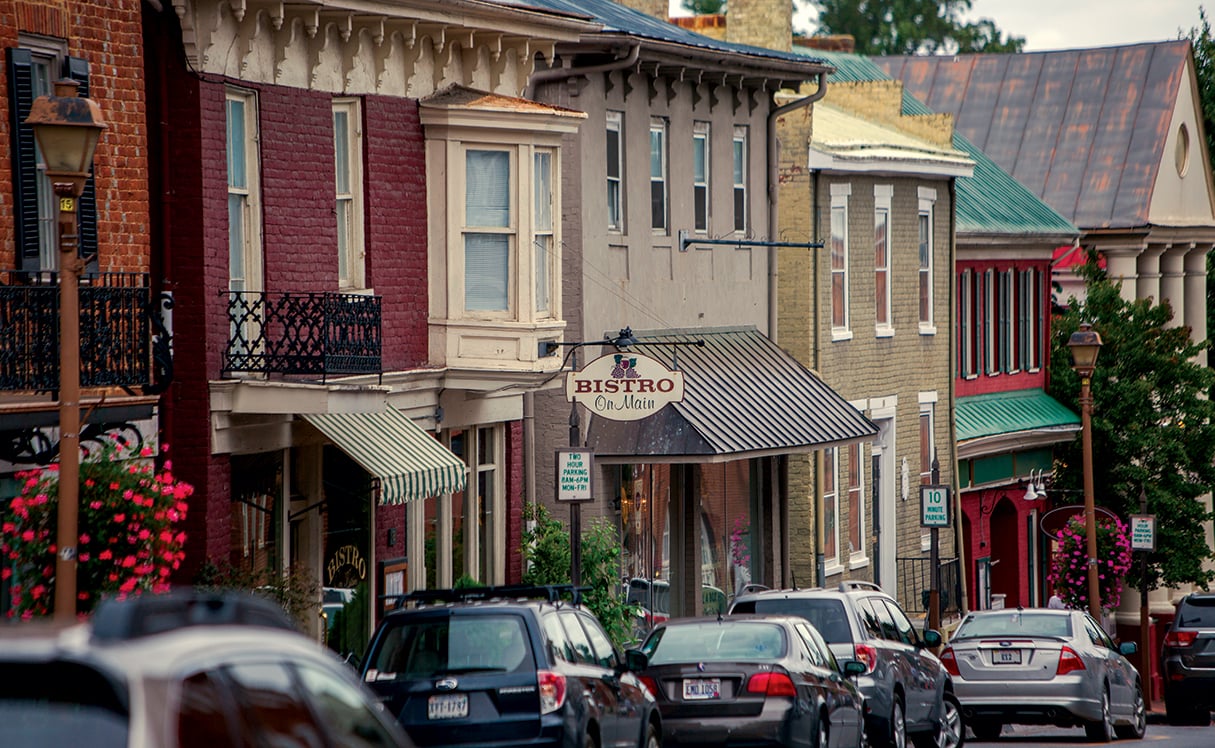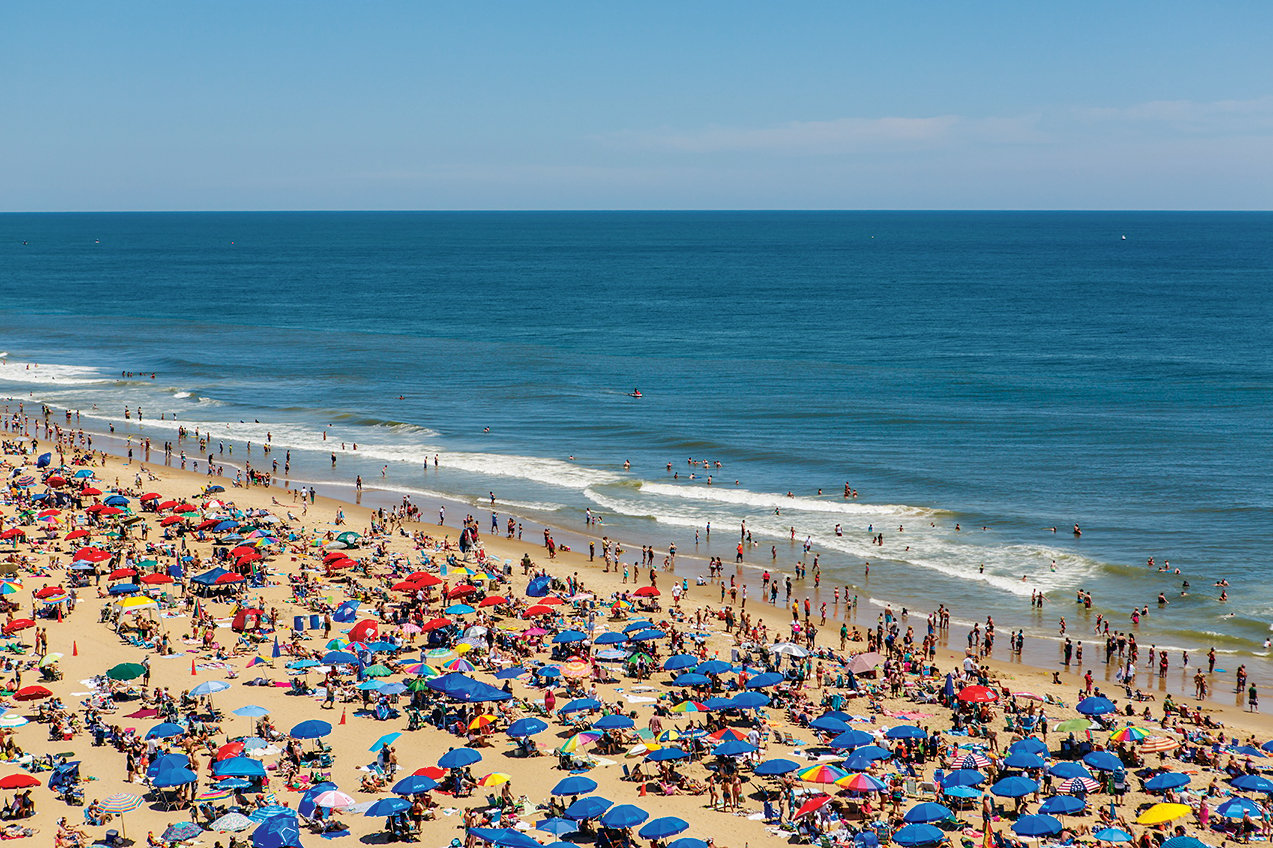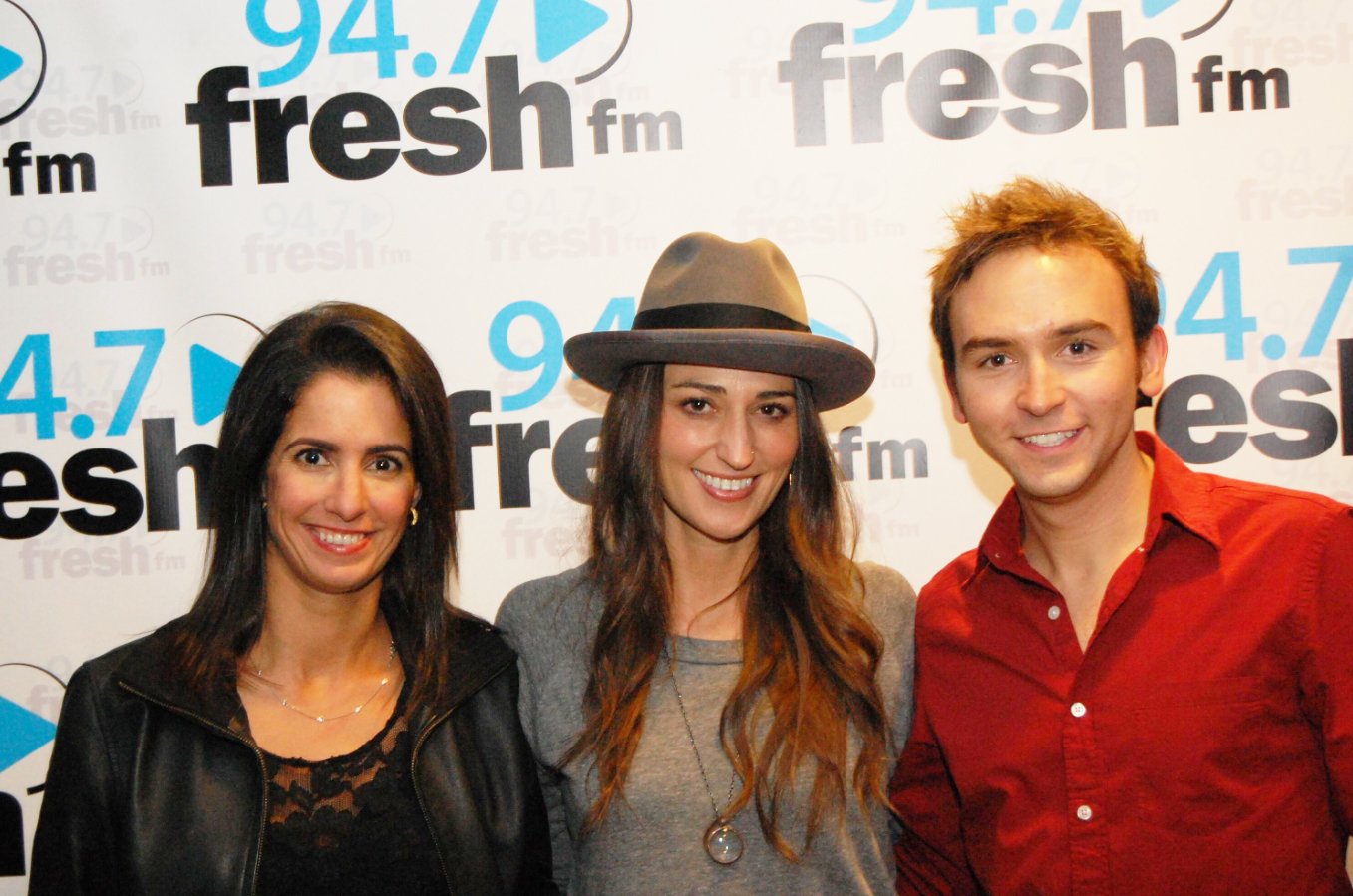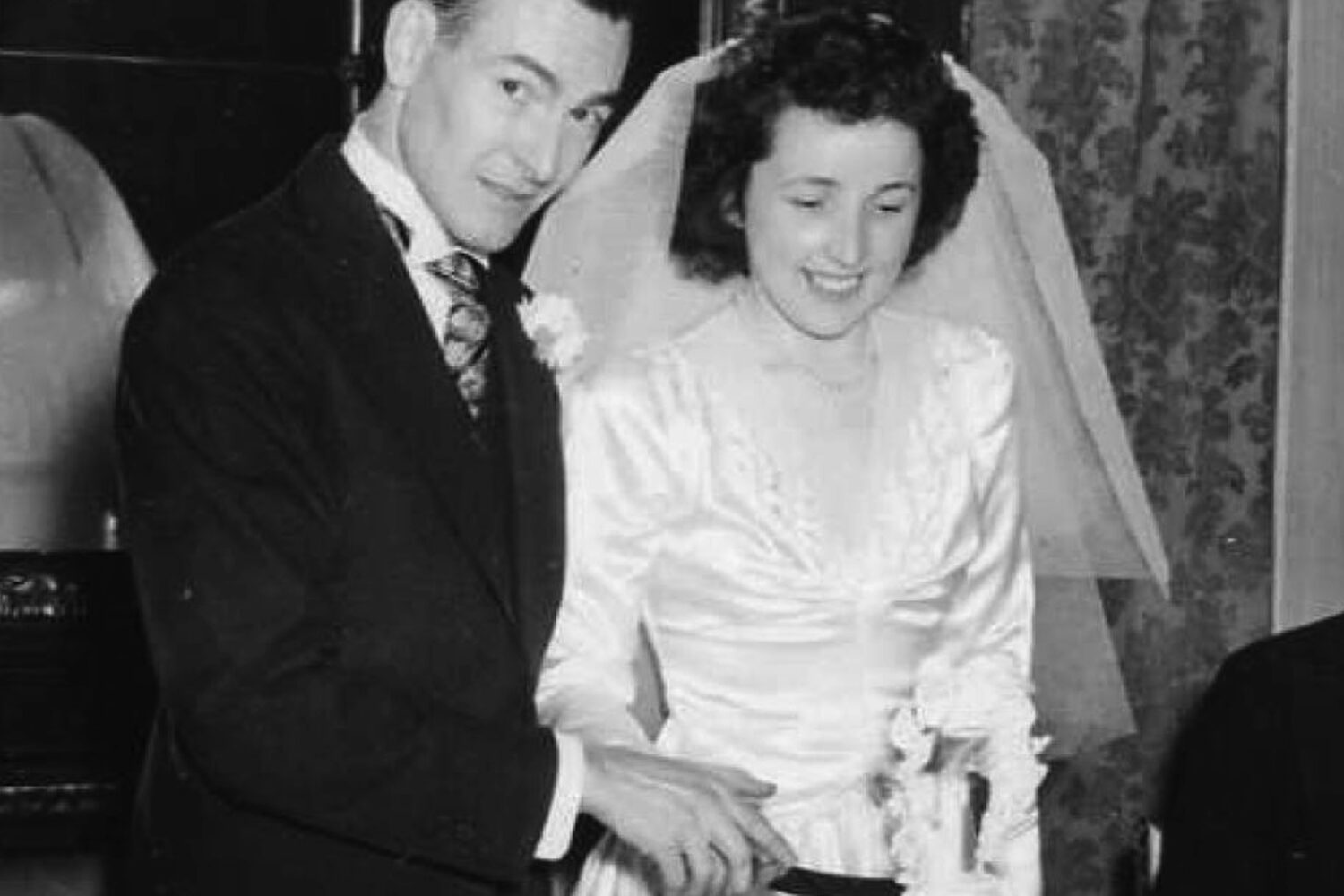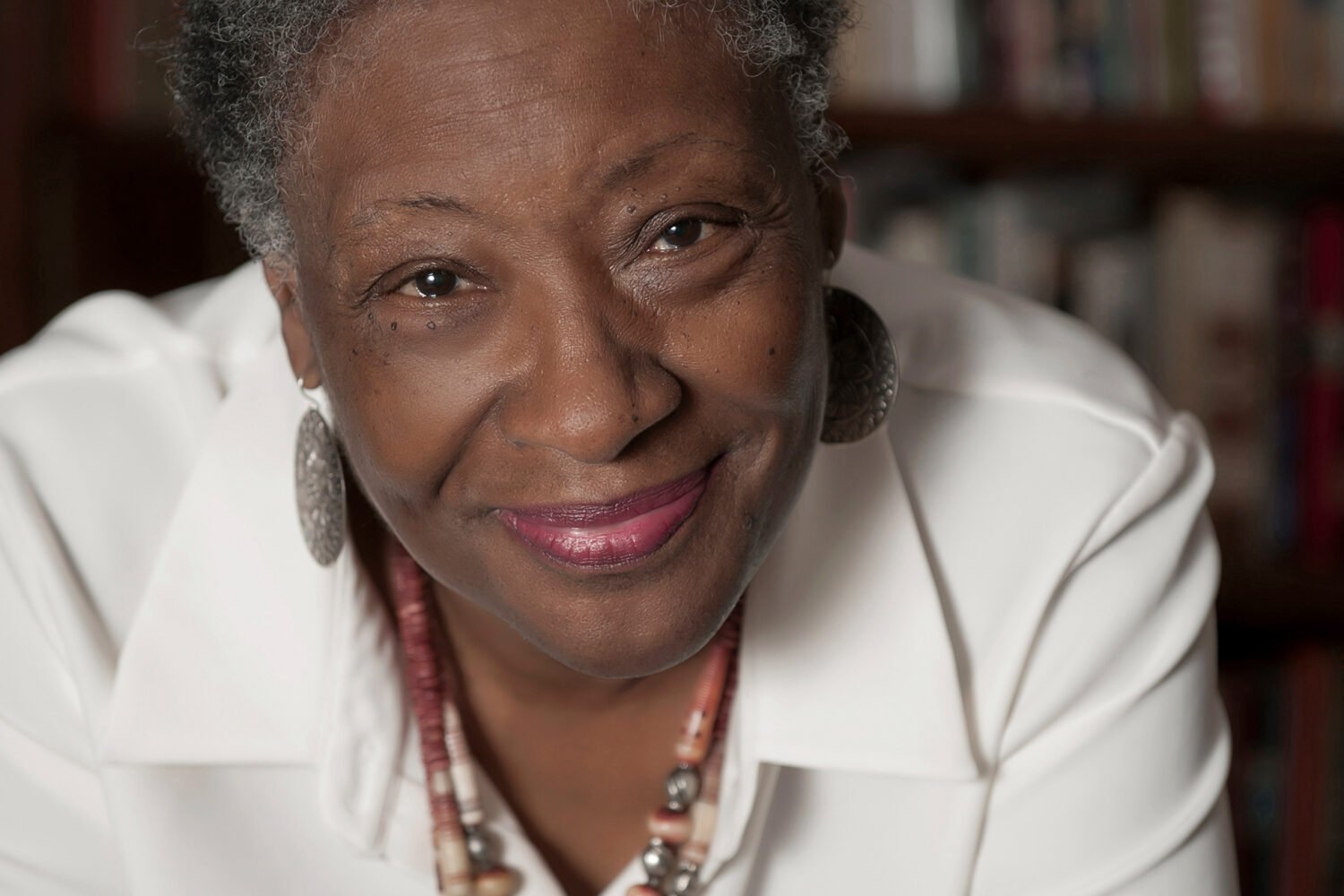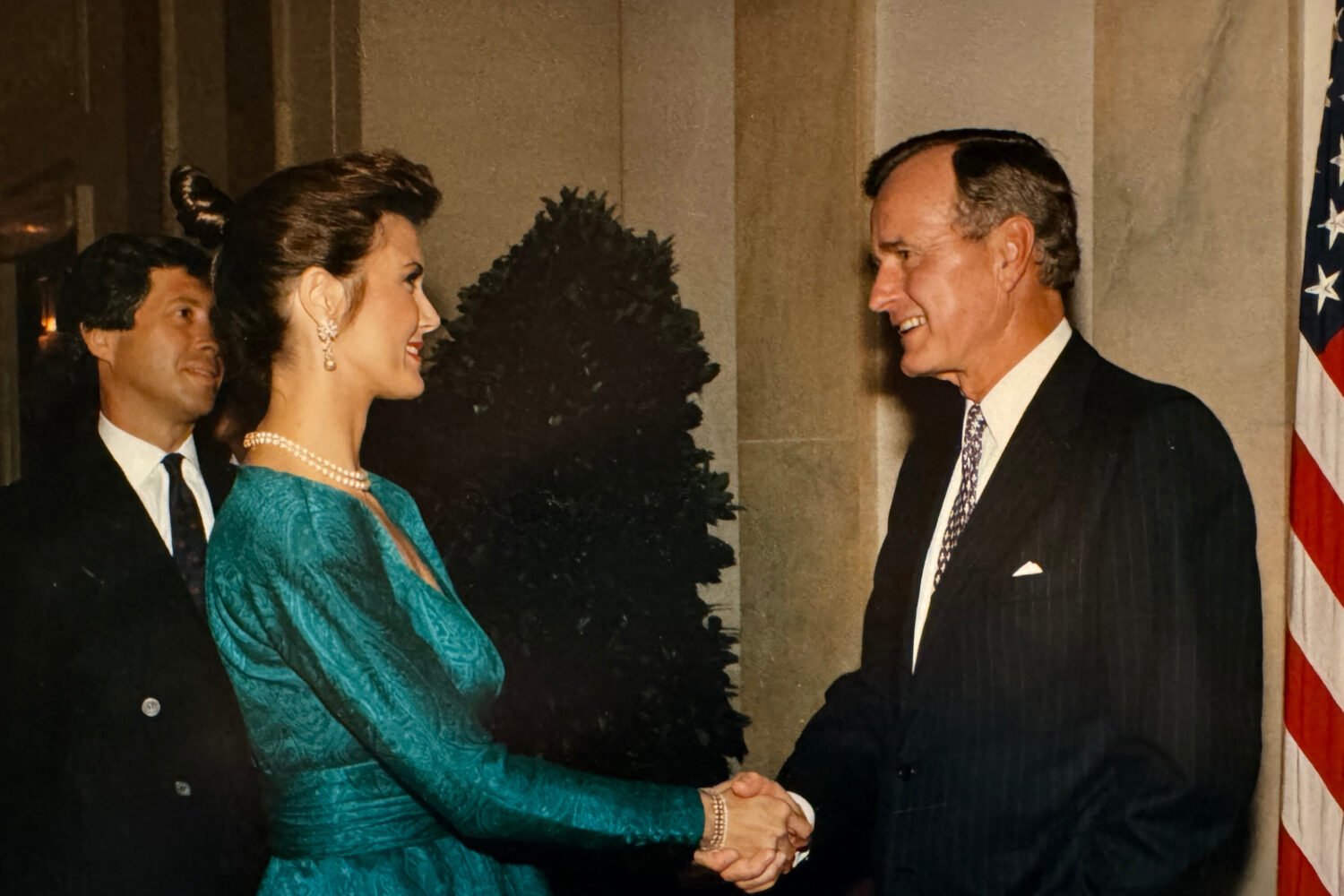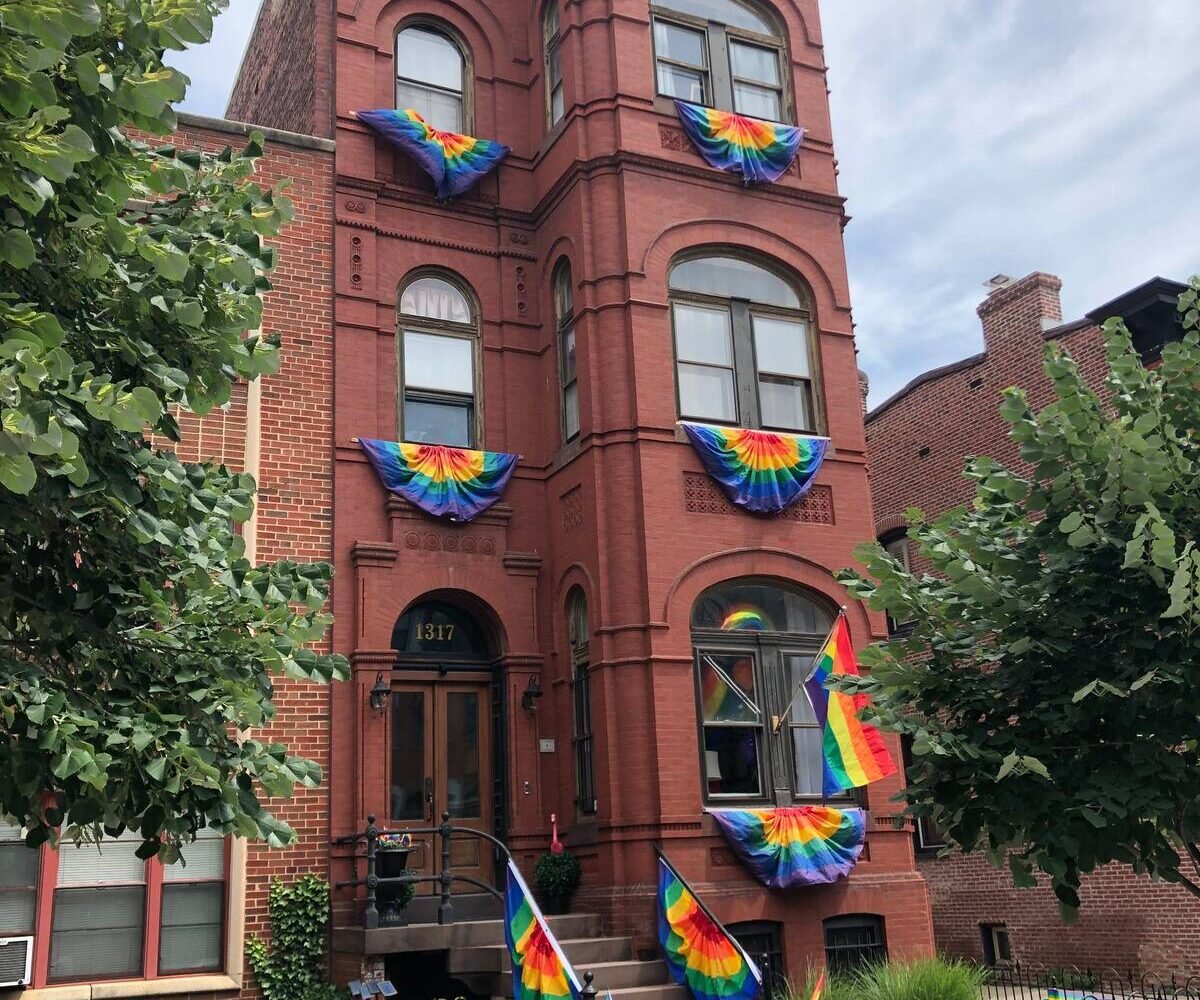It was February 2008. I had just left a birthday party at a wine bar in Chinatown and stepped into an icy rain. A bit tipsy, I decided to treat myself to a cab rather than take Metro, then wait for a bus that likely would take nearly an hour to arrive. I figured the taxi would cost around $15—well worth the expense at that hour.
When it pulled up, I jumped in and suggested a route along Massachusetts Avenue and around the Naval Observatory. NPR was playing, and the driver was engaged in a spirited phone conversation.
“Excuse me,” I said when he hung up. “If you don’t mind my asking, what language were you speaking?”
“Amharic,” he said. Then, to clarify: “Ethiopian.”
“Ah,” I said. “I couldn’t place it.”
Having recently moved to DC and aware that it was known for its Ethiopian restaurants, I asked for recommendations.
“You know about Ethiopian food?” he said.
“I’ve had it a few times.”
“Are you okay with spicy?”
I said I could handle it.
“Are you sure?”
“I want to go where you go,” I said. “I want to try the real stuff.”
He listed a couple of places, and I scribbled the names on a receipt. He suggested what I should order, the various wats and tibs as well as tej, the very sweet, potent honey wine I should drink, if I happened to be daring. I thanked him (though I suspected I’d stick with beer).
As we passed the Observatory, where the Vice President’s house is located, I asked if he’d been following the campaign.
“Yes, yes,” he said. “All the time.”
“Who do you like?”
“Obama. But I don’t think he can win.”
I asked why, and he said he wasn’t sure the country would elect a black President.
“I don’t know,” I said. “He pulled off Iowa—that’s not such a diverse place.”
He acknowledged that, and we talked about the other candidates and how an African-American’s election would be regarded in Ethiopia. He told me he’d been in Washington almost 20 years but still had family and friends in Addis Ababa, and they were excited about Obama, too.
I struggled to explain that our conversation about restaurants and politics had no bearing on the fact that I had hailed his taxi at night in the rain and hired him to drive me several miles.
We were still chatting as he pulled up across from my building, and we sat for a few moments until the conversation slowed to a natural lull.
“So what do I owe you?” I asked, pulling out $20.
“Nothing.”
“I’m sorry,” I said, “I didn’t get that.”
“Nothing,” he repeated.
“But you drove me here.” I checked the meter: $17 and change.
The cabbie turned to me. “I drive people in this cab all day,” he said. “Most do not take the time to talk with me.”
I struggled to explain that our conversation about restaurants and politics had no bearing on the fact that I had hailed his taxi at night in the rain and hired him to drive me several miles.
“You are my friend,” he replied. “I do not take money from you.”
I said, “Can I tip you then?”
“No.” The driver was adamant.
“All right. But will you promise that if I run into you at one of the places you recommended, you’ll let me buy you a glass of that tej you told me about?”
“Yes, sir.”
“Thank you,” I said. “Have a good night and drive safe.”
“Thank you, sir,” he said, and we shook hands.
As I crossed the street, I watched the cabbie drive off to find his next passenger.
Eight years later, I still think about how sometime during that random conversation, unbeknownst to me, our contract was broken: I became no longer a customer, he no longer my driver. And whenever I find myself in an Ethiopian restaurant, I look around, hoping to catch sight of a man I once met, for whom I might buy a glass of honey wine.
Jerome Copulsky is a writer and lecturer living in Glover Park. He can be reached at jerome.copulsky@gmail.com.
This article appears in the February 2016 issue of Washingtonian.



